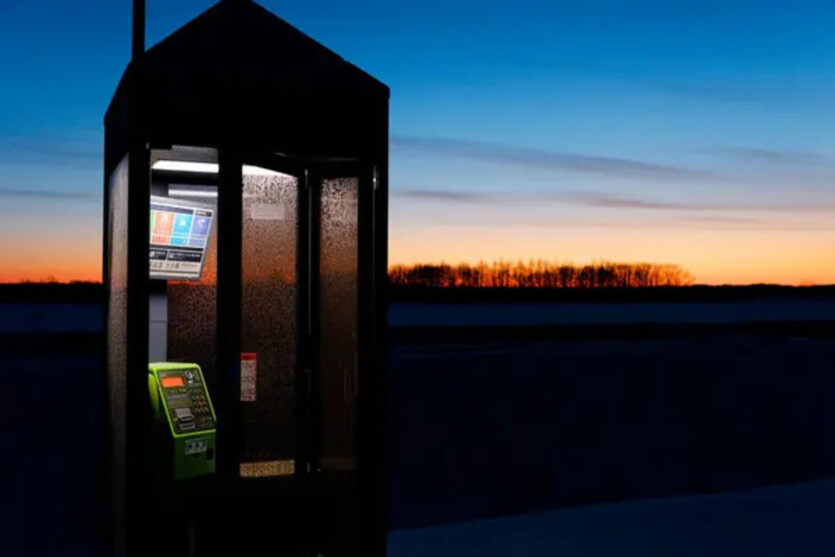
In the rural part of the United States, there are problems with mobile communication often disappearing or not catching at all. An engineer from Vermont remembered an old solution to the problem — payphones.
Patrick Schlotte finds payphones at junkyards or online auctions, and then repairs and cleans the coin compartments himself. The man turns them into free phones for those who can’t make calls with a smartphone or don’t have one at all. All the devices are connected to VoIP or a regular phone line, so they work even during power outages or network failures.
Schlott puts them in convenient places — near roads, public buildings, in small towns. In several locations in Windsor County, such phones are already in place — and people are using them. Although, at first glance, it would seem that we live in the era of artificial intelligence and satellite networks. For example, on the other coast of the United States, meanwhile, they are planning to build a new a data center for processing AI tasks that will consume 5 times more energythan the entire population of the state. And yet, several thousand kilometers away, they are figuring out how to keep in touch with the world.
The engineer doesn’t just restore the old — he updates the filling, installs new microcontrollers, parts from telecom equipment, but leaves the familiar look. The project is supported by donations, without the participation of mobile operators. As of today, Schlott has already brought more than ten such payphones back to life.
When it rains heavily or the power goes out, these are the phones that make it possible to make a call. Against the backdrop of billions of dollars invested in 5G, something as simple as this often proves to be more reliable — especially in places where large operators simply do not have a presence. The idea has already inspired others. Volunteers are helping to install the phones, and several communities are preparing to launch themselves. The man wants to further expand the network by using solar panels to make the phones work autonomously.
Taxis actually work: tourists call for help, elderly residents — just keep in touch without depending on smartphones or apps. It’s a bit like Australia’s free payphone network, which still serves millions. In the United States, this initiative is still private, but it is useful, especially considering how support for rural areas is being cut.
Source: Associated Press / Washington Times

Spelling error report
The following text will be sent to our editors: